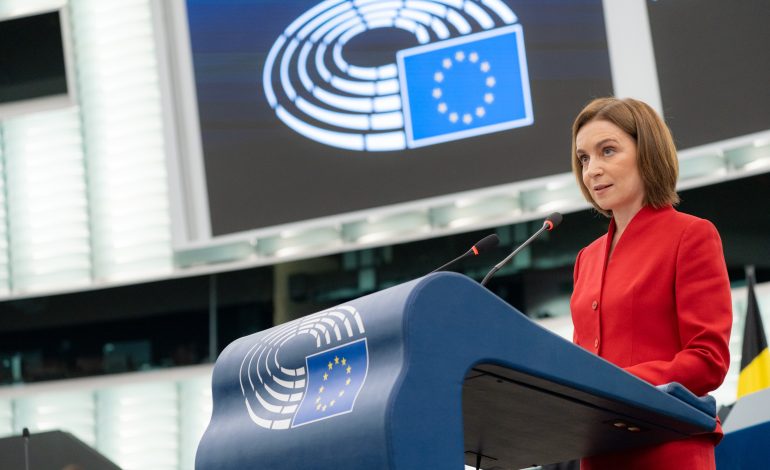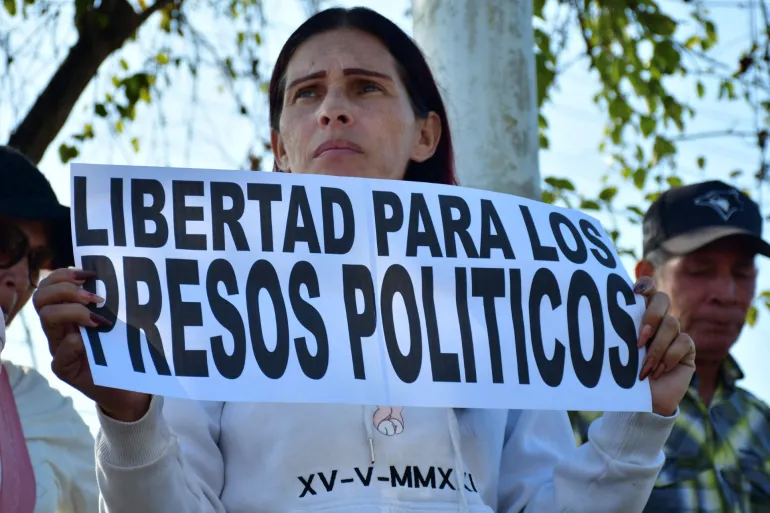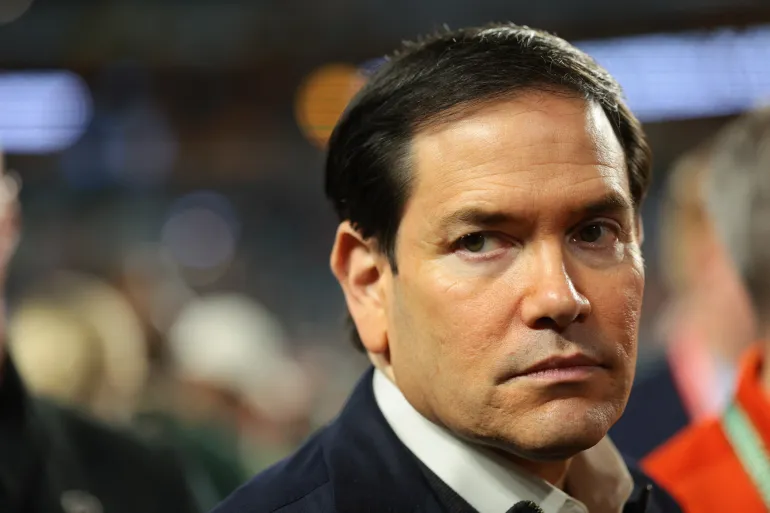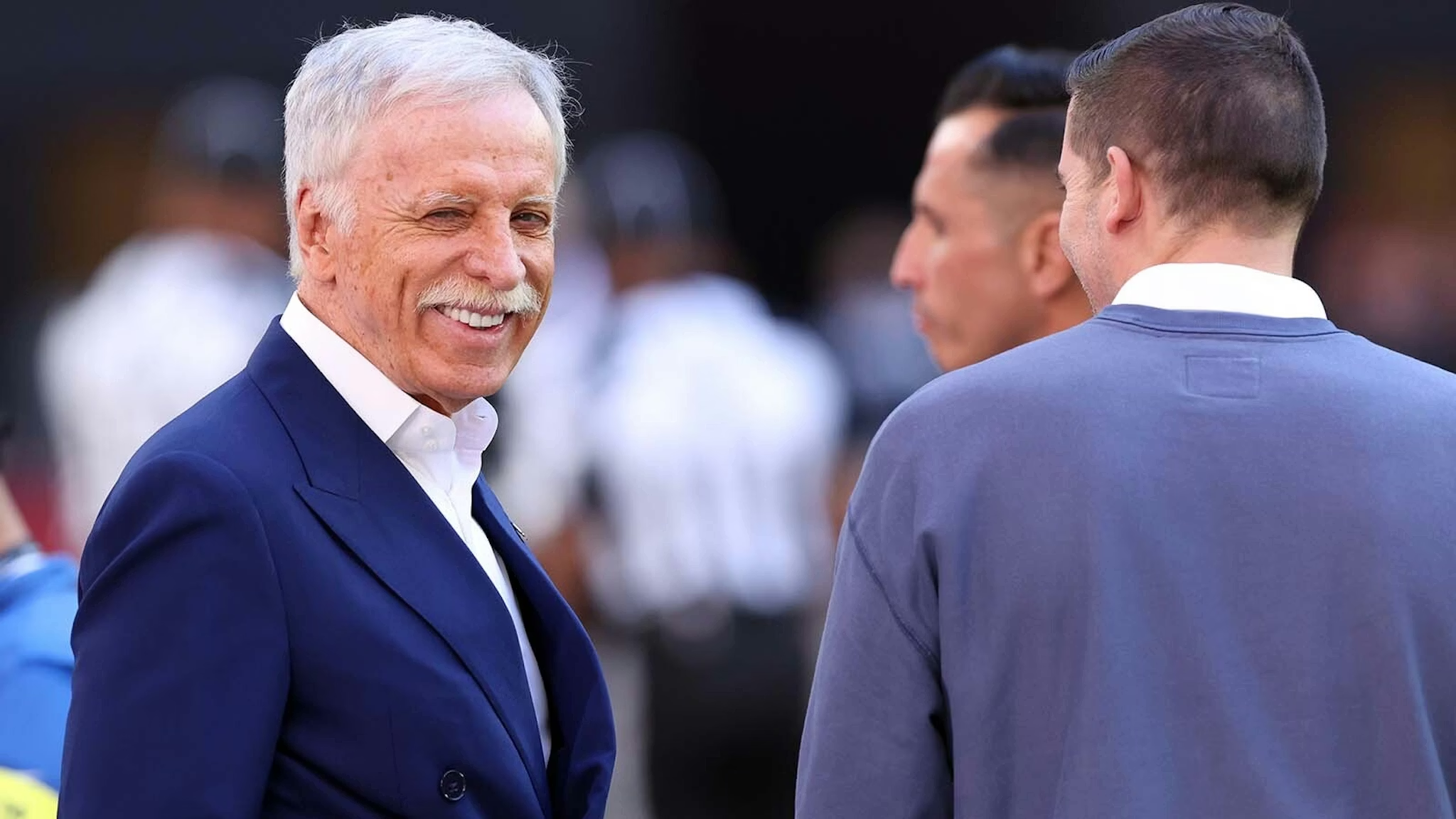ANALYSIS: The “Moldova is Romania” mantra — a Risk for Chișinău’s Sovereignty and EU Hopes

For a certain slice of politics in Bucharest and among Moldovan unionists, four words feel like destiny: “Moldova is Romania.” As a historical claim, you can argue it ten different ways. As a 2025 political slogan, it’s a shortcut to trouble.
Not because the idea offends Brussels per se, but because it collides head-on with Moldova’s most urgent strategic needs: protecting sovereignty, keeping society together, and staying on a hard, narrow road to EU membership while under relentless Russian pressure.
In the European Parliament President Maia Sandu built her line of argument for Euro integration on ‘Russian interference.’ If her warries have any amount of warranty dropping the “Moldova is Romania” chant into that environment is a gift to any opposition.
Externally, Moscow gets to say, “We told you so.” The narrative of Romanian “annexation” writes itself on Russian TV, in Gagauz and Transnistrian propaganda, and across social media. It becomes easier to discredit pro-EU reforms as a “cover” for national absorption.
In Brussels, the optics turn awkward. The EU doesn’t bless projects that re-open borders or inflame identity disputes mid-accession. Moldova’s file depends on stability, minority protections, and good-neighborly relations—not on maximalist historical claims, however heartfelt.
Domestically, the slogan hardens fault lines. It spooks Russian-speaking communities and energizes actors who thrive on cultural insecurity.
In short, the line that gets applause in a friendly rally weakens Chișinău at the negotiation table.
Former defense minister Anatol Șalaru lit a different fuse in a recent podcast: he blasted officials who refuse to speak Romanian in public service, going as far as to suggest barring candidates from electoral lists if they reject the official language “out of hatred.”
Let’s be honest: Romanian is the state language, and Moldova can’t function as a coherent polity if police in Comrat or any state agency refuses to communicate in it. Șalaru’s example—officers telling him “you’re in Gagauzia, not Moldova”—isn’t about grammar, it’s about authority.
But turn language from a state obligation into a litmus test of love or disgust, and you risk confusing professional standards with political purges. In a hybrid war, the quickest way to fracture your own coalition is to make compliance feel like humiliation. The safer course is boring and bureaucratic: training, enforcement, recruitment standards, and legal remedies that defend citizens’ rights without turning identity into a weapon.
Șalaru’s other critique hits a raw nerve: years of ad hoc concessions to Gagauzia and Transnistria were meant to buy calm; instead, they created imbalanced structures with “excessive powers and reduced loyalty.” He says he resisted efforts to transfer transport assets—claiming the autonomy morphed into a “monster.”
Whether you buy his framing or not, the strategic point holds: ad hoc deals breed veto players. That’s a disaster for a small state trying to centralize rule of law and satisfy EU acquis. But here, too, slogans won’t help. Chișinău needs a predictable, legalist recalibration:
- Reaffirm constitutional supremacy and the unitary character of the state.
- Tie autonomy financing to transparent, national standards (education, policing, procurement).
- Incentivize local elites with EU-access benefits—infrastructure, SME support, labor mobility—conditional on compliance with state law.
- Flood the region with Romanian-language education and services—not as cultural conquest, but as opportunity (scholarships, teacher pay, digital resources).
That’s more work than a viral clip. It’s also how sovereignty grows teeth.
There’s another accelerant on the fire: Bucharest’s hard-right theatrics. In Strasbourg, Romanian MEP Diana Șoșoacă interrupted Sandu’s speech with the “Moldova is Romania” shout. It won applause in some corners of Romanian social media and booing inside the EP. Meanwhile, Romanian MEP Siegfried Mureșan accused the AUR party of pro-Russian messaging—from aiming to “collect 100,000 votes” against Sandu’s camp to pushing disinformation on energy (that Romania sold Moldova cheap power at Romanians’ expense, which he says is false).
Foreign politicking that undercuts Moldova’s pro-EU government in an election year is a gift to Moscow. It also confuses Brussels about who speaks for Romania’s long-standing policy: two states, one nation, common language and culture—but two sovereignties, one EU path.
The responsible line for Bucharest is simple: help Moldova stand, don’t speak over it. Energy interconnections, market access, scholarships, joint border management, media literacy programs—that’s how you build unity the EU way: not by erasing borders, but by making them irrelevant.
Moldova’s accession case doesn’t hinge on poetry. It hinges on Copenhagen criteria in practice: stable institutions, rule of law, minority protections, functioning market economy, capacity to adopt the acquis. Slogans that raise sovereignty questions or identity fears make Commission language harder, not easier.
Brussels will look for:
- Clean elections under siege (which Sandu warned are targeted by Russian cash and cyber ops).
- Judicial reform that bites into high-level corruption.
- Security policy that aligns with EU and protects the information space without trampling rights.
- Cohesion with minorities—especially in Gagauzia—via services, not slogans.
Meet those tests, and the accession file moves. Miss them, and the process drifts—regardless of who chants what in Strasbourg.









The latest news in your social feeds
Subscribe to our social media platforms to stay tuned